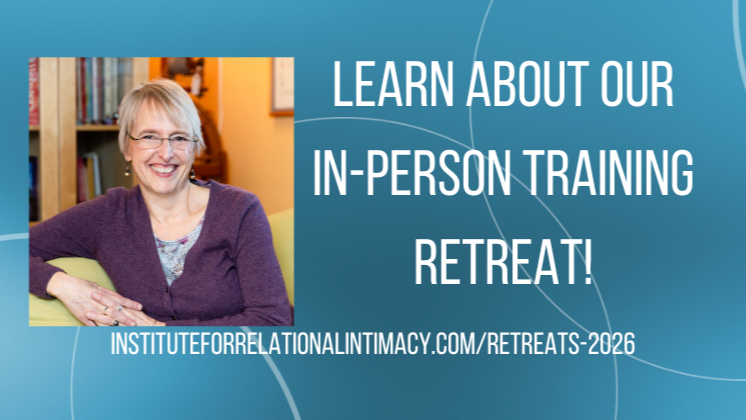Why “bringing the fun” is key to therapy
Aug 07, 2023
Joy, juiciness, and motivation!
As a therapist, I see myself as guiding my clients through a change process. Changing our established patterns is not easy (understatement of the century here). That’s one big reason why I focus so much on self-motivated goals in therapy.
By self-motivated goals, I mean goals that your client wants to achieve for their own reasons. Without a self-motivated goal, there’s nowhere to go. Basically, if your client doesn't have a goal that is meaningful to them, you don’t have a client.
That doesn’t mean they need to know what their goal is right away–often, part of the process is getting clear on this together. But at the end of the day, their own desire to achieve or experience something that will make a difference to them is what’s going to carry them through.
And, because the change process is full of setbacks and frustrations, and requires doing battle with ingrained habits, it helps if the goals are juicy and the motivation is high. The more potential payoff–and the more in touch with that payoff your client is–the better equipped they will be to get through the challenges that are bound to arise.
So the change process requires three things:
- A goal or aspiration that is within one’s own sphere of influence (as opposed to a wish for something external to change)
- A clear vision of the desired outcome to one’s self
- A strong connection to the importance of the change
To help your client clarify their motivation and get in touch with the potential payoff, you could ask:
- What would you like to experience that is different from what you are experiencing now? This would be an experience within yourself, not an external circumstance.
- Why is having that experience important? To you? To others? To the larger community or the future?
- What will your life look like once you have nailed this? What will you be doing differently?
- How will you feel about yourself, your partner, and your future when you get there?
Look for the fun and zoom in on it! The more juicy, delightful, and clear the vision is, the better.
Let’s say you’re working with a client who tends to rely on their partner to regulate their emotions, so when their partner has a tough day, the client gets blown off course and their own emotional state suffers.
Using the questions above, you might start by asking them what they want to experience instead. Ideally, they will respond that they want to stay grounded in their own emotional state, even if their partner has a tough day or is in a bad mood.
From there, help them get clear on why it’s important. Hopefully, it is important to them, but don’t stop there; there also might be benefits to others. The more benefits, the better. I want to help them feel their way into a beautiful possibility, so they can move towards a future that is worth having. And a future worth having is a future worth fighting for.
Your role here is to help them bring the joy and juiciness to the project. This is when I use the most mood-evoking questions I possibly can, and lean into the feeling with my tone of voice: “What will it feel like to come home at the end of the day knowing you can be empathetic to your partner and still have a stable mood yourself?”
As we discuss what this experience will be like, I continue to focus on elevating and strengthening the luscious emotions associated with the desired outcome: “Wow. That sounds amazing. You could have a great day no matter what! That would be worth a lot, wouldn’t it? What would become possible for you? It seems like you would save a lot of energy; what would you do with it?”
The more benefits, clarity, and elevated emotions, the more motivation. And motivation is the fuel they will need (and that you will help them use) when the going gets tough and automatic reactions threaten to take over.
Next time you’re in the therapy room and feel like you and your client are just coming up against roadblock after roadblock, ask yourself: what does my client want for themself? Do we have clear goals, and then… where’s the juice? Where’s the joy that would drive the motivation?
Originally published on Psychology Today.






